Dental implants are typically titanium screws that are inserted into the jawbone, so that crowns, bridges, dentures or complete prostheses can be attached to them. They allow patients that are missing a tooth or teeth to have replacements, that in many cases, can be designed to be fixed in the patients mouth.
Typically there are several people involved in implant therapy: a surgeon, a prosthodontist, and a dental technician/ceramist. These people must work as a team with the patient to be able to carefully evaluate the jaw bone and surrounding relevant conditions in the mouth to be able to provide a solution.
Implant are made up of 3 parts the (i) implant itself , (ii) the abutment that screws into the middle of the implant, (iii) the crown or prosthesis. The prosthodontist provides you with 2 of these 3 parts, the abutment and prosthesis.
The only part you will see in the mouth is the bit the prosthodontist provides for you. Whilst we always strive to achieve a natural, appearing result, when bone and gum are lost as a result of infections achieving a perfect results is challenging and often requires multiple surgical and restorations steps. Bone and gum grafting are very common today and the surgeons we use are highly skilled in these procedures.
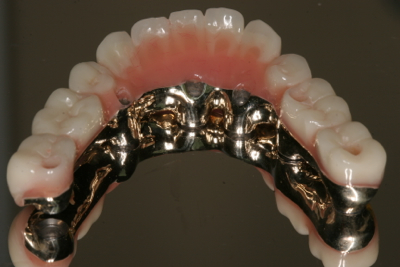
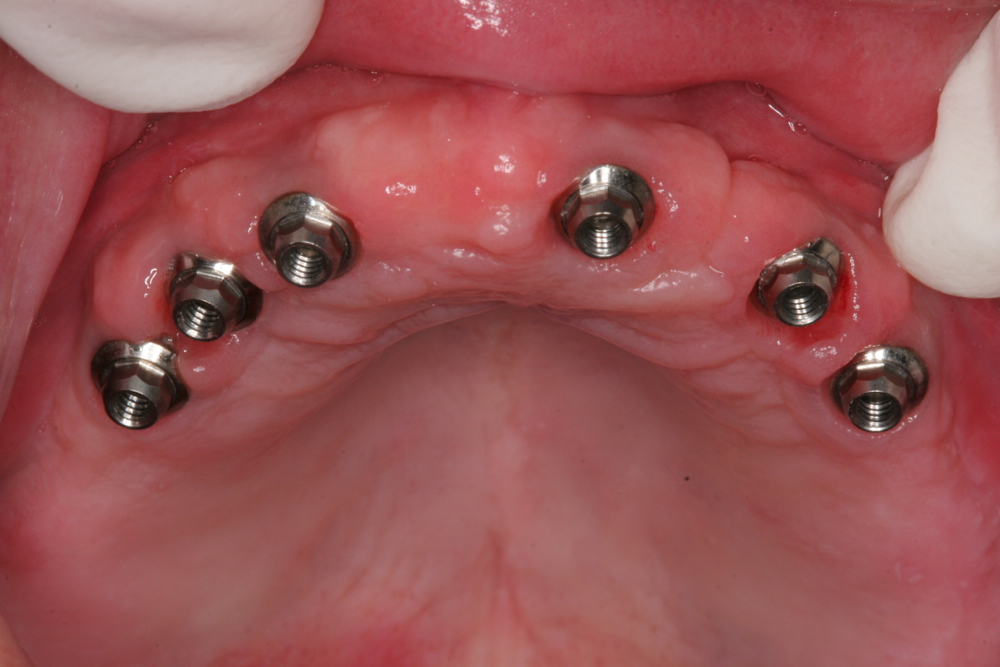
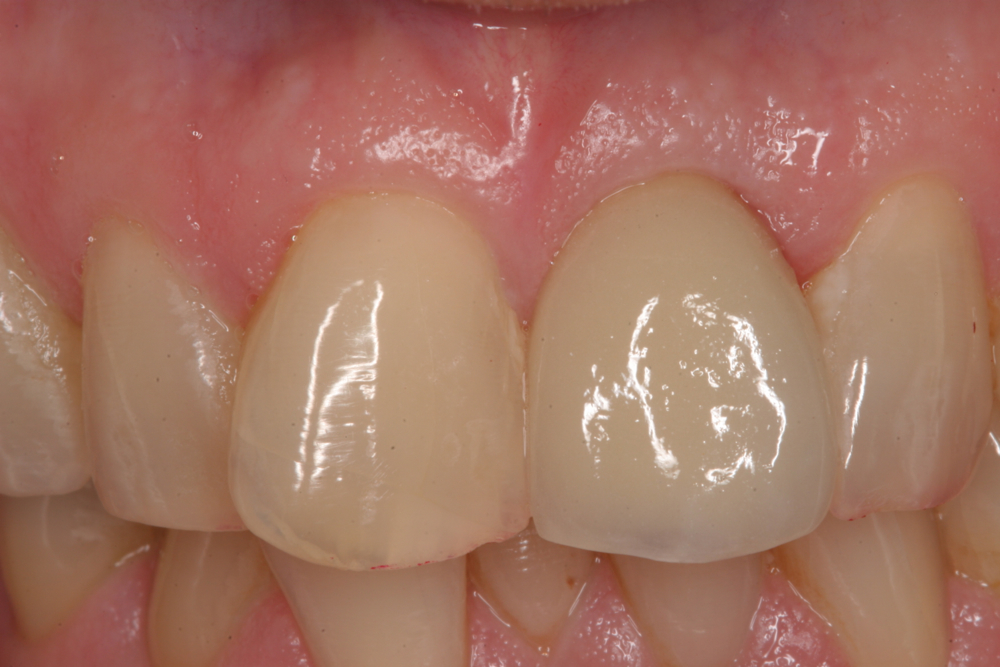
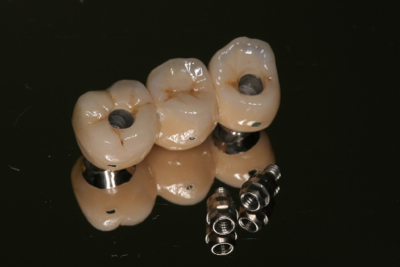
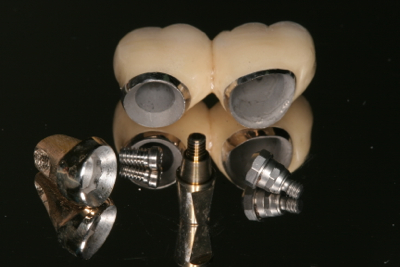
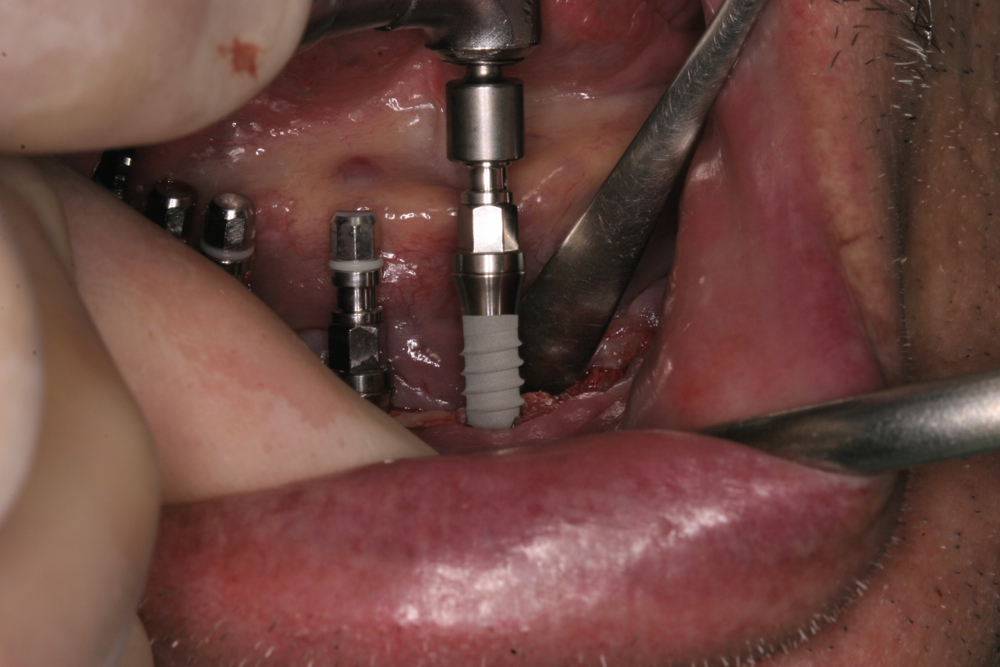
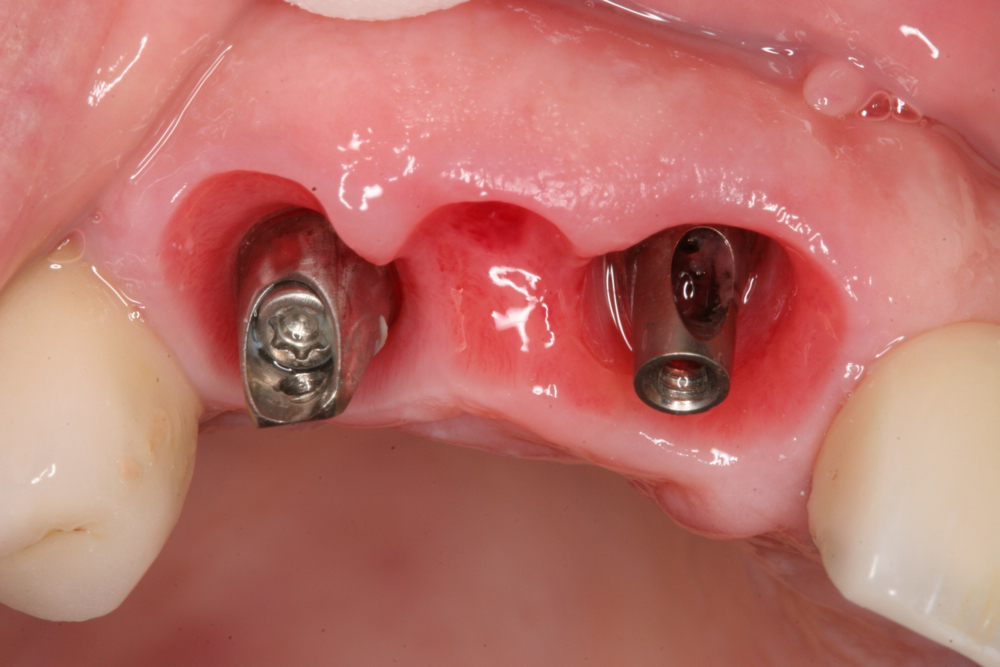
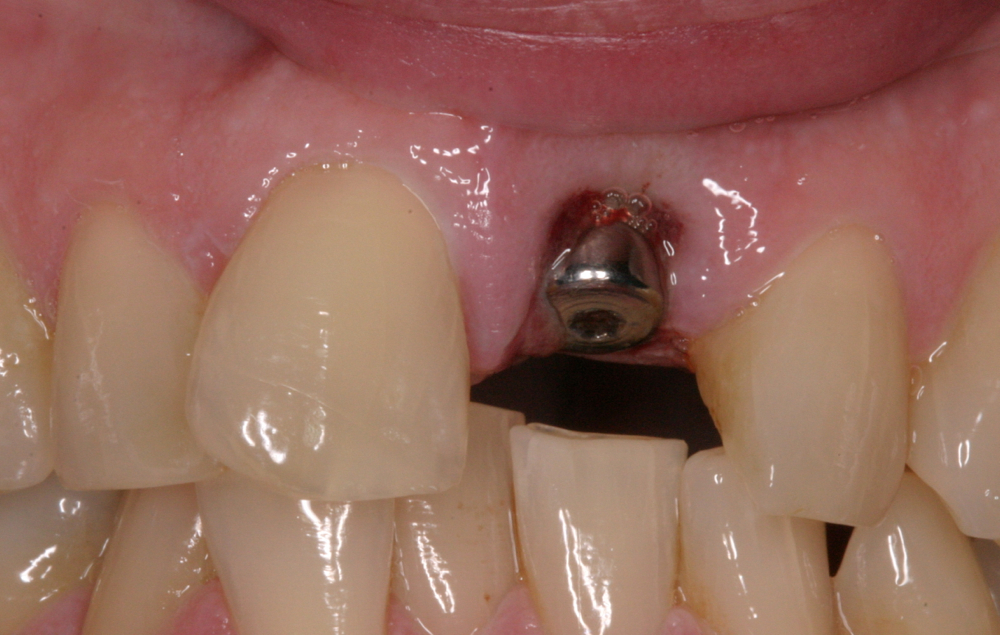
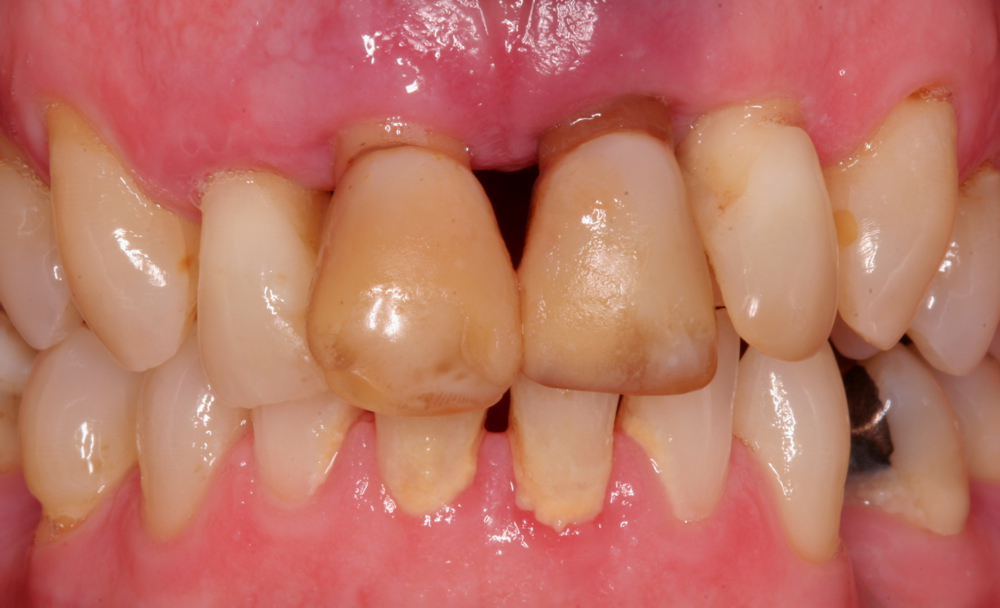
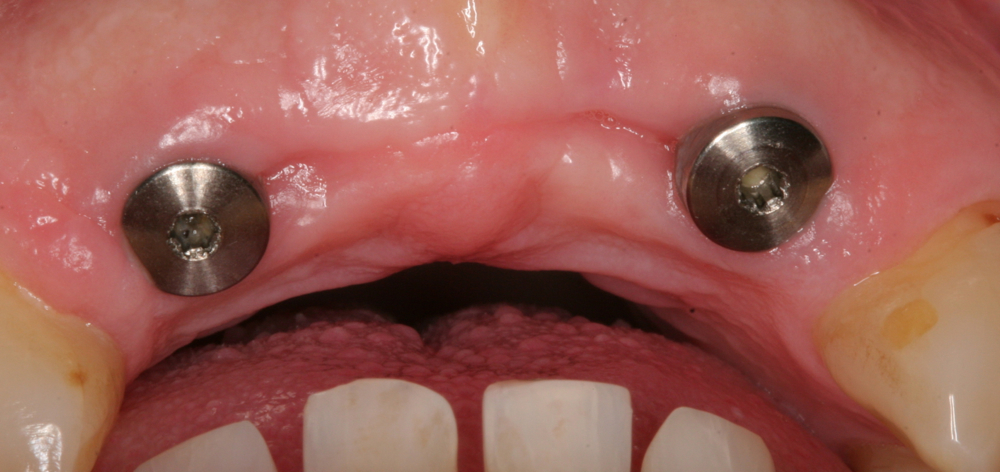
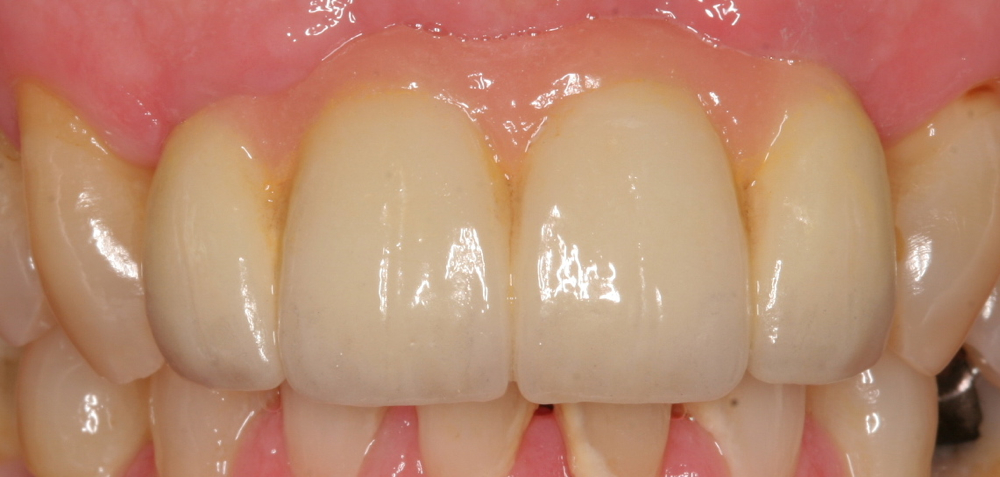
After implants are placed in the jaw bone, there is a period of healing during which the implant and bone will join together to stabilise the implant. This usually takes anywhere from 3-12 weeks depending on the type of bone, need for bone grafting, implant type and type of restoration. During this time, it is often necessary to wear a removable denture or "suckdown" (similar to the retainers worn after braces are removed).
Immediate Treatments ?
We have been performing immediate loading of single tooth replacements and "all on 4" style cases since 2002. This treatment modality has become popular in the media of late, as it provides a good marketing tool and immediate solutions to complex long term problems. Careful consideration of all factors, and importantly the risk of adverse outcomes, must be considered. Remember do you want your implant restoration to look good the 2 days after surgery or 6 years after surgery?
Costs ?
Implant treatment can be expensive, particularly if many teeth are being replaced. There are alternatives to spread the cost over time if necessary. We recommend premium implant company brands as they are committed to scientific backup & research, have excellent quality control and offer warranty on their product. We only use genuine components, not 3rd party replicas, when treating implant patients. These genuine components are costly, but if non genuine components are used, the manufacturers warranty is usually voided.
Survival ?
Implant treatment outcomes are good. Survival of implants after a 10 year time in function is approximately 90%, depending on the situation being treated. This does mean some implants do fail. If an implant fails the Implant supply company provide warranties to replace the components free of charge. They don't, however, cover the laboratory or clinical costs of re-treatment. It is essential that every 12 months, implants are professionally checked for signs of infection, bone loss, bite change or component fatigue and loosening. Failure to do this can invalidate your warranty. Your natural teeth continue to move around with time, but the implant won't. It is important to make adjustments for these changes. Radiographs or xrays are needed regularly to check the bone
Gum Sculpting?
If treating patients with implant in the front of the mouth, we frequently use a provisional crowns to sculpt the gum prior to making the final crown. This ensures the best possible outcome can be achieved. This will not be necessary for every case, but is more often than not required.
The most important part of success for an implant is your home care cleaning. Failure to do this correctly everyday will result in implant failure and loss of your prosthesis. Make a time to see our hygienist for the best tips and tricks to maintain good gum health around your implant.
Dr Evans has been performing implant restorations since 1993. He has been involved in teaching implant course to dentists and other specialists since 1998.
